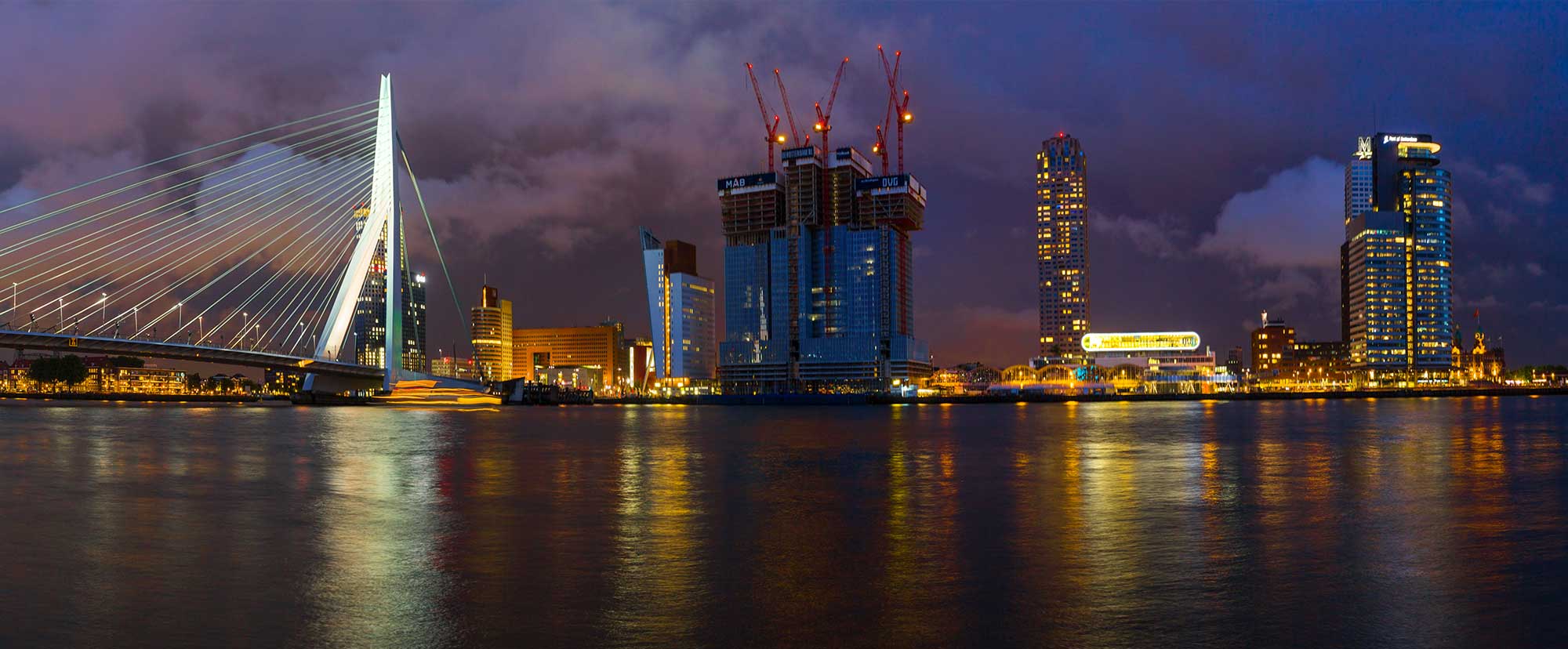3 min read
Why five Dutch banks are teaming up to counter money laundering
![]() AML RightSource
:
July 30, 2020
AML RightSource
:
July 30, 2020

The banking sector in the Netherlands knows it has to take tough action against money laundering. A series of scandals in the country have resulted in tough regulatory sanctions – and concern that trust in Dutch banking could be damaged for years to come. Now, five of the country’s largest banks are joining forces in an initiative to tackle money laundering and the financing of terrorism.
ING, ABN Amro, Rabobank, Triodos Bank and Volksbank are teaming up to launch a new agency, Transaction Monitoring Netherlands (TMNL). It will have access to data from all their transactions combined, potentially making it more straightforward to spot unusual patterns of behaviour that aren’t obvious simply from looking at the data of each individual bank.
TMNL won’t replace each bank’s own systems of checks and balances, which will remain in place – not least as every bank now has to meet increasingly stringent national and international regulation on prevention of money laundering. Rather, the banks hope that the joint initiative will augment their individual efforts.
The Netherlands under pressure
The launch of TMNL reflects the fact that banks in the Netherlands have come under intense pressure to improve their anti-money laundering processes and systems, with the country widely seen as a hotspot for this sort of crime. The Dutch Banking Association (NVB) estimates that criminal money worth as much as €16bn (£14.5bn) is laundered in the Netherlands every year.
Dutch banks are certainly not alone in having a money laundering problem, but similar warnings have been made for more than a decade, suggesting huge amounts of illicit cash have washed through the country. Last year, investigators suggested around €13bn a year was laundered through the country between 2004 and 2014. That would be a sum roughly equivalent to 2% of the Netherlands’ GDP.
Dutch banks are paying a heavy price for failing to prevent such activity. In 2018,
ING was hit with a record fine of €775m euros in a settlement with Dutch prosecutors after failing for years to spot money laundering and other criminal activities carried out through its accounts. The pain may not be over yet, with prosecutors currently considering whether to reopen the case
Meanwhile, ABN Amro is awaiting the outcome of a similar investigation against it announced last year. Prosecutors have alleged that for long periods it reported suspicious transactions too late, or not at all. They also accuse the bank of failing to investigate suspicious client behaviours thoroughly, and of continuing to do business with suspect clients.
Countering sophistication
The problem for the Netherlands’ banks is that even with good systems in place, tackling money laundering requires constant vigilance and ongoing investment. The growing sophistication and creativity of criminals anxious to launder illicit money means the nature of the threat is constantly evolving.
Reflecting this evolution in transaction monitoring work is difficult. Banks with systems that try to catch the largest possible number of potentially suspicious transactions rapidly find themselves overwhelmed by the number of cases thrown up – including very significant numbers of false positives. Those that cast too small a net may be able to reduce their workloads and cut down on false positives, but they also risk missing suspicious transactions; that may expose them to regulatory sanction.
Moreover, criminal gangs laundering money have become adept at hiding in plain sight, operating through complex transactions spanning multiple parties and banks. For any one bank involved in these deceptions, an individual transaction may not ring alarm bells; it’s only when a set of transactions is seen in the round that the potential illegality becomes apparent.
The launch of TMNL reflects this reality. Individual banks will need to maintain their own systems, but also need to take a collective approach, identifying and detecting suspicious activity from both bottom-up and top-down. TMNL offers an opportunity to do just that, as well as to work closely with partners in law enforcement and government, including the Netherlands’ Ministries of Finance and Justice and Security, the Fiscal Information and Investigation Service and the Financial Intelligence Unit.
Technology and integration offer new hope
The project therefore represents an exciting step forward in the battle against money laundering. Specialists have long called for a move towards centralised databases of transaction data. Combined with sophisticated machine learning and artificial intelligence technologies that can be analyse this data at speed, such initiatives have the potential to improve detection and prevention.
Fintech and Regtech companies will have an important role to play in driving this progress. Many are already unveiling the kind of software solutions needed to extract insight from the data, accessing databases and systems through APIs and parsing the information with ML and AI tools. With their help, banks and other financial services companies will stand a much better chance of combatting financial crime – and avoiding regulatory sanctions and reputational damage.
